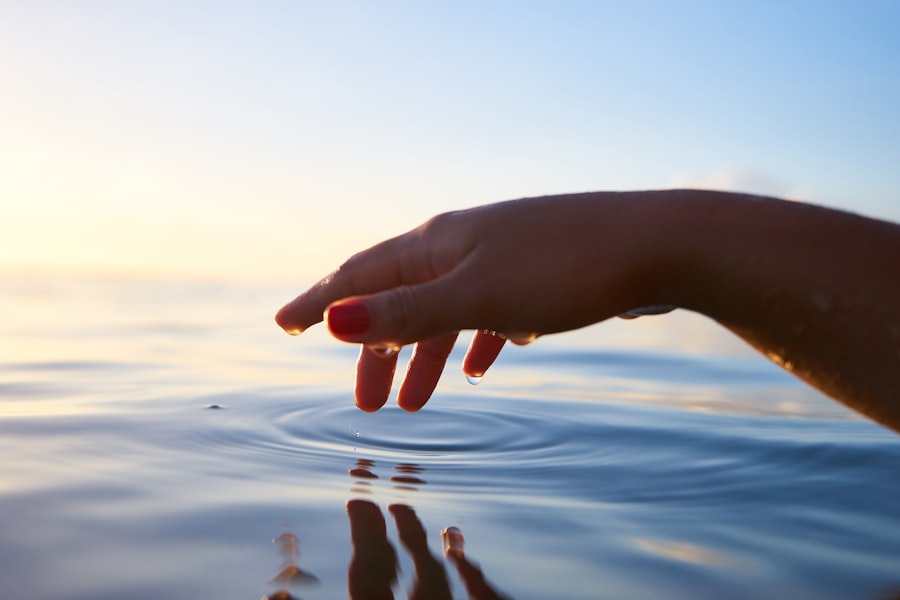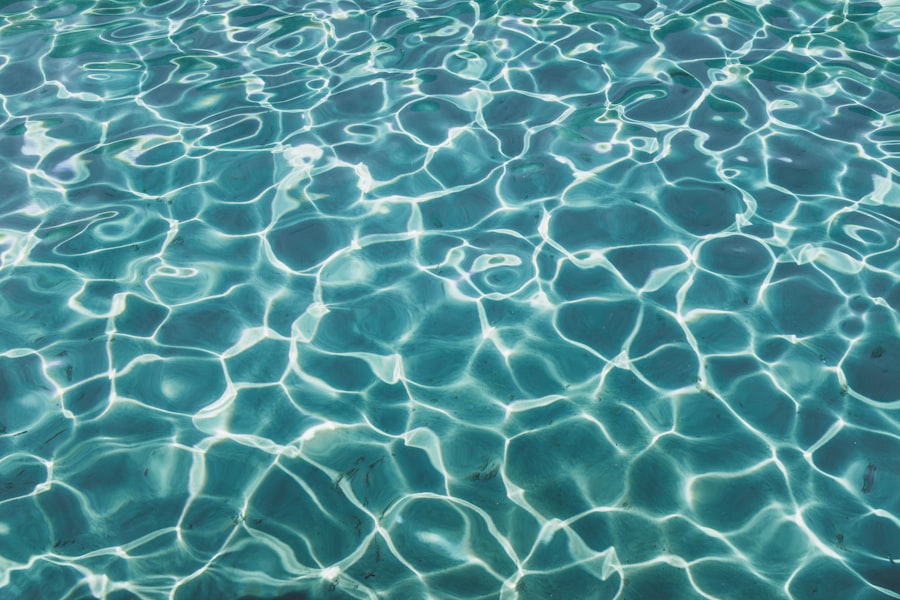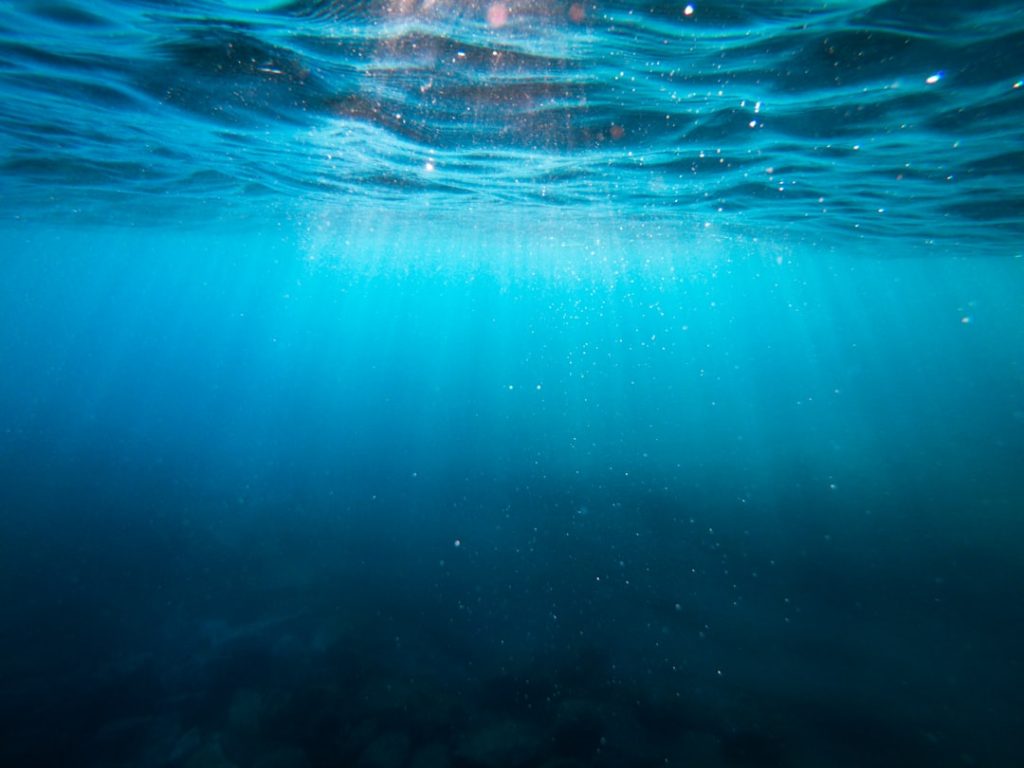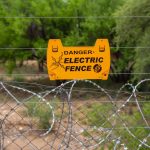Clean water is essential for chicken health and well-being. Chickens require access to clean water for hydration, body temperature regulation, digestion, and overall health maintenance. Without clean water, chickens can become dehydrated, leading to decreased egg production, poor growth, and potential death.
Contaminated water can also harbor harmful bacteria and parasites, causing illness in chickens. Young chicks are particularly vulnerable to dehydration and illness, making clean water crucial for their development. Chicks need access to clean water from hatching to ensure proper growth and development into healthy adult chickens.
Insufficient access to clean water can impair their growth, resulting in long-term health issues. Providing clean, fresh water is a fundamental aspect of responsible chicken care. It is vital for maintaining a healthy and productive flock, and chicken owners should prioritize this basic need at all times.
Ensuring access to clean water is essential for the overall health, productivity, and longevity of chickens of all ages.
Table of Contents
- 1 Tips for Maintaining Clean Water Sources
- 2 Regular Cleaning and Maintenance of Water Containers
- 3 Proper Placement of Water Sources
- 4 Use of Water Purification Methods
- 5 Monitoring Water Quality
- 6 Importance of Hydration for Chicken Health
- 7 FAQs
- 7.1 What are the main sources of water contamination for chickens?
- 7.2 How often should chicken water be changed?
- 7.3 What are some methods for keeping chicken water clean?
- 7.4 What are the risks of chickens drinking contaminated water?
- 7.5 Are there any natural additives that can help keep chicken water clean?
Key Takeaways
- Clean water is essential for the health and well-being of chickens
- Regularly clean and maintain water sources to prevent contamination
- Proper placement of water sources can help prevent contamination and encourage hydration
- Consider using water purification methods to ensure clean water for chickens
- Monitor water quality to ensure chickens are properly hydrated and healthy
Tips for Maintaining Clean Water Sources
Preventing Contamination
Regularly cleaning and refilling water containers is crucial to prevent the buildup of algae, bacteria, and other contaminants. Using waterers with narrow openings can also help prevent chickens from contaminating the water with dirt, feathers, or droppings.
Providing Adequate Access
It is essential to provide an adequate number of waterers to ensure that all chickens have easy access to clean water, especially in larger flocks. Placing waterers in shaded areas can help prevent the water from becoming too warm, which can encourage bacterial growth.
Maintaining Water Quality
Using elevated or hanging waterers can help keep the water clean by preventing chickens from kicking bedding or debris into the water. Additionally, using water purification methods such as adding apple cider vinegar or electrolyte supplements to the water can help maintain water quality and support the overall health of the flock.
Regular Cleaning and Maintenance of Water Containers

Regular cleaning and maintenance of water containers are essential for ensuring that chickens have access to clean and fresh water. Water containers should be cleaned at least once a week, or more frequently if necessary, to prevent the buildup of algae, bacteria, and other contaminants. To clean water containers, they should be emptied, scrubbed with a mild detergent, rinsed thoroughly, and refilled with fresh water.
In addition to regular cleaning, it is important to inspect water containers for any signs of damage or wear. Cracks or leaks in water containers can lead to water contamination and should be repaired or replaced as needed. Furthermore, it is important to regularly check and clean any filters or valves in automatic watering systems to ensure that they are functioning properly and delivering clean water to the chickens.
Proper maintenance of water containers not only ensures that chickens have access to clean water but also helps prevent the spread of disease and illness within the flock. By prioritizing regular cleaning and maintenance of water containers, chicken owners can help support the overall health and well-being of their flock.
Proper Placement of Water Sources
The proper placement of water sources is crucial for ensuring that chickens have easy access to clean water. Waterers should be placed in areas that are easily accessible to all chickens and located away from areas where chickens eat or roost. Placing waterers in shaded areas can help prevent the water from becoming too warm, which can encourage bacterial growth.
Additionally, it is important to consider the size of the flock when determining the number and placement of waterers. In larger flocks, multiple waterers may be necessary to ensure that all chickens have easy access to clean water. Furthermore, using elevated or hanging waterers can help prevent contamination from bedding or debris and keep the water clean.
Overall, proper placement of water sources is essential for ensuring that chickens have continuous access to clean and fresh water, which is fundamental for supporting their health and well-being.
Use of Water Purification Methods
In addition to regular cleaning and maintenance, the use of water purification methods can help maintain the quality of the water provided to chickens. Adding apple cider vinegar to the water can help inhibit the growth of bacteria and algae while also supporting digestive health in chickens. Electrolyte supplements can also be added to the water during periods of heat stress or illness to support hydration and overall health.
Furthermore, using water filters or purifiers can help remove contaminants and improve the quality of the water provided to chickens. There are various types of water filters available, including sediment filters, carbon filters, and UV sterilizers, which can help remove particles, odors, and harmful microorganisms from the water. By incorporating water purification methods into their chicken care routine, owners can help ensure that their flock has access to clean and safe drinking water, which is essential for supporting their health and productivity.
Monitoring Water Quality

Importance of Monitoring During Extreme Weather Conditions
Monitoring water quality is especially important during periods of extreme weather or environmental conditions that may impact the cleanliness of the water. For example, during hot weather, it is important to monitor the temperature of the water and take steps to prevent it from becoming too warm, which can encourage bacterial growth.
Early Identification of Potential Issues
By regularly monitoring the quality of the water provided to chickens, owners can identify any potential issues early on and take appropriate measures to maintain clean and safe drinking water for their flock.
Maintaining Clean and Safe Drinking Water
Regular monitoring of water quality helps to ensure that chickens have access to clean and safe drinking water, which is essential for their health and well-being.
Importance of Hydration for Chicken Health
Hydration is crucial for supporting overall chicken health and well-being. Chickens require access to clean and fresh water at all times in order to stay hydrated, regulate their body temperature, aid in digestion, and support overall health. Dehydration can lead to a range of health issues including decreased egg production, poor growth, and even death.
Furthermore, proper hydration is especially important during periods of heat stress or illness when chickens may require additional support to stay hydrated. Providing electrolyte supplements in the water during these times can help replenish essential nutrients and support hydration. Overall, prioritizing hydration is fundamental for maintaining a healthy and productive flock.
By ensuring that chickens have continuous access to clean and fresh water and incorporating proper hydration practices into their care routine, owners can help support the overall health and well-being of their flock.
If you’re looking for tips on how to keep water clean for chickens, you might also be interested in learning about the best flooring options for a chicken coop. Check out this article for helpful advice on creating a clean and comfortable environment for your feathered friends.
FAQs
What are the main sources of water contamination for chickens?
The main sources of water contamination for chickens include feces, dirt, dust, and other organic matter that can introduce bacteria, parasites, and other pathogens into the water.
How often should chicken water be changed?
Chicken water should be changed at least once a day to prevent the buildup of contaminants and to ensure that the water remains clean and fresh for the chickens to drink.
What are some methods for keeping chicken water clean?
Some methods for keeping chicken water clean include using waterers with lids or nipples to prevent contamination, placing waterers on a raised platform to keep them off the ground, and regularly cleaning and sanitizing waterers.
What are the risks of chickens drinking contaminated water?
Chickens drinking contaminated water are at risk of developing diseases such as coccidiosis, salmonellosis, and other bacterial or parasitic infections. Contaminated water can also lead to decreased egg production and overall poor health in chickens.
Are there any natural additives that can help keep chicken water clean?
Yes, adding natural apple cider vinegar to chicken water can help to inhibit the growth of bacteria and algae. Additionally, adding a small amount of food-grade diatomaceous earth to the water can help to control parasites.
Meet Walter, the feathered-friend fanatic of Florida! Nestled in the sunshine state, Walter struts through life with his feathered companions, clucking his way to happiness. With a coop that’s fancier than a five-star hotel, he’s the Don Juan of the chicken world. When he’s not teaching his hens to do the cha-cha, you’ll find him in a heated debate with his prized rooster, Sir Clucks-a-Lot. Walter’s poultry passion is no yolk; he’s the sunny-side-up guy you never knew you needed in your flock of friends!







